Why Teams Choose CyberhavenOver Symantec DLP
Data Lineage For Context-Based Protection
Cyberhaven tracks where data originated, how it moved, and who interacted with it – providing context that Symantec can’t. This allows teams to create more precise policies and detect risk even when content doesn’t match traditional patterns.
Lower Operational Overhead
Cyberhaven is SaaS-based with a lightweight agent, enabling organizations to deploy in hours – not weeks. Teams avoid the complexity of Symantec’s heavyweight infrastructure, which often requires professional services and long rollout timelines.
Resolve Incidents Faster with Linea AI
With Cyberhaven, investigations that used to take hours now take minutes. Linea AI summarizes every insider risk incident in plain language, showing what happened and why it matters – instantly.
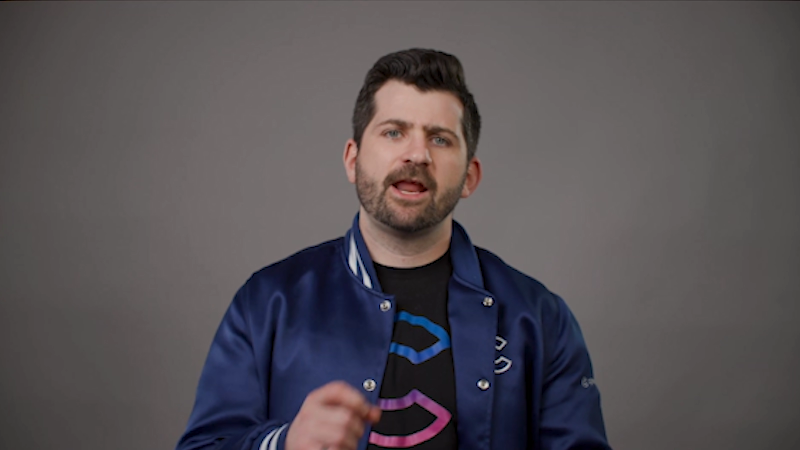
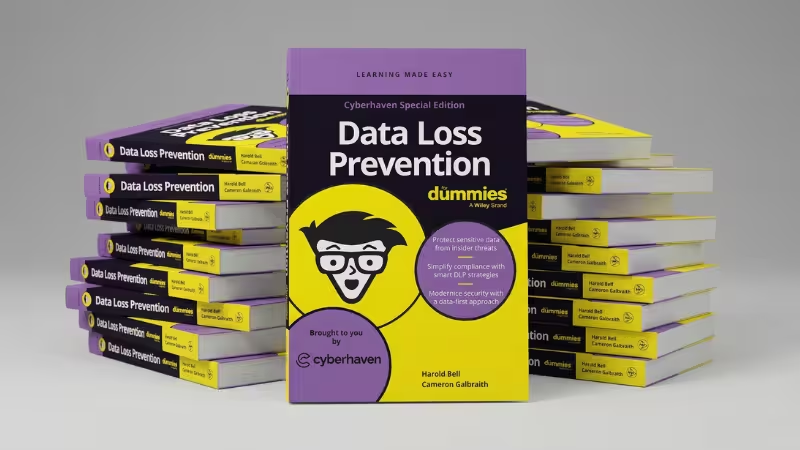
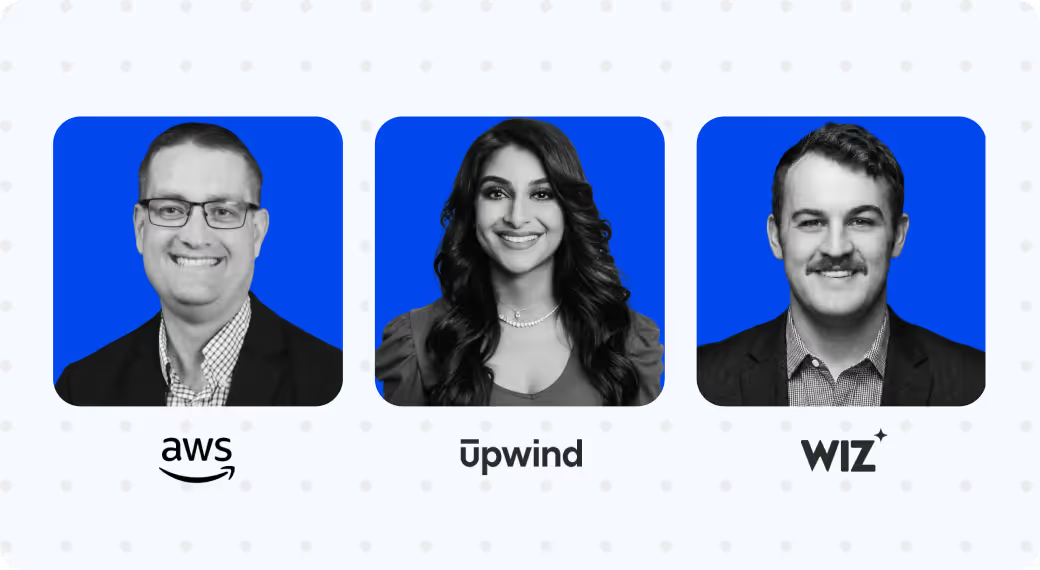
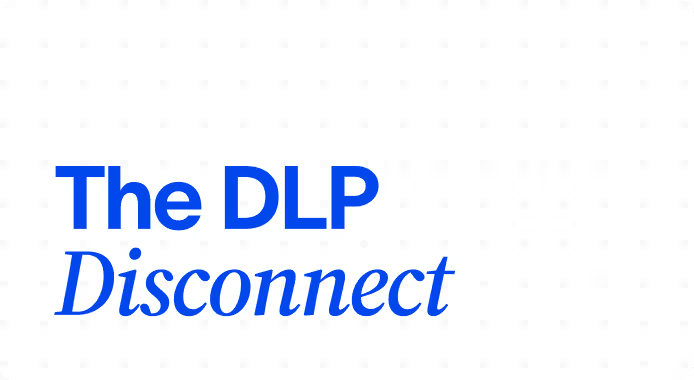
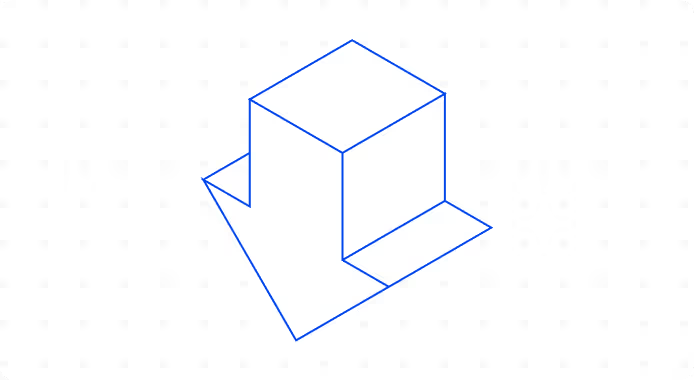
.avif)
.avif)
